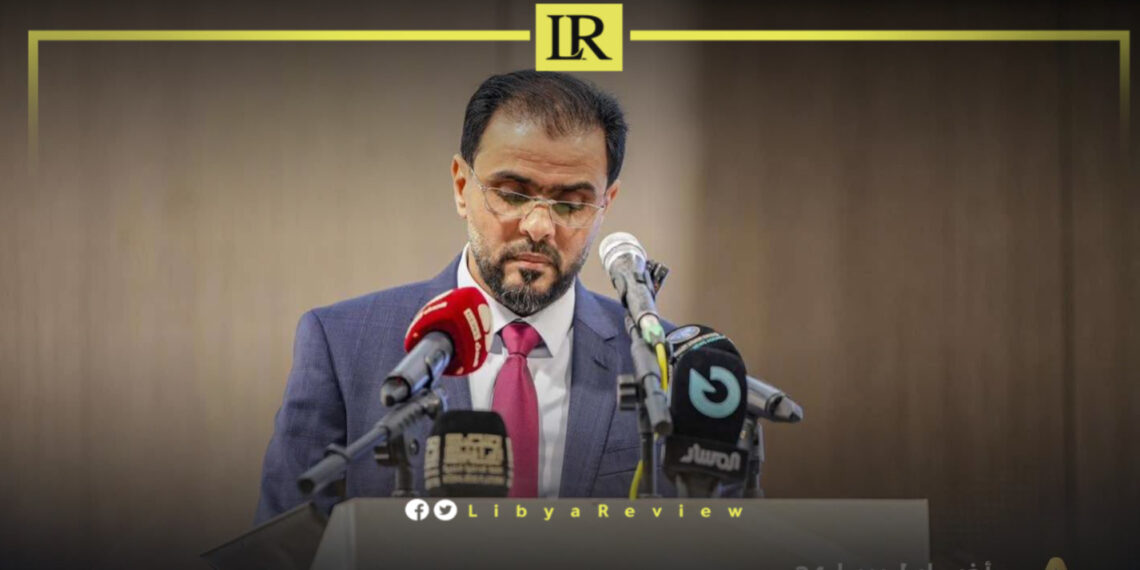Libya’s East-Based Government Rejects Presidential Council Decrees as Violation of Parliamentary Authority
Hammad government denounces unilateral decisions by Mohamed Al-Mnifi, warning of legal and constitutional consequences
The Libyan Government-designate, led by Prime Minister Osama Hammad and appointed by the House of Representatives (HoR), has strongly condemned the latest decrees issued by the Presidential Council, labelling them a “blatant encroachment” on the exclusive powers of the legislative authority.
In an official statement, the government asserted that such decisions are constitutionally limited to the Head of State or an authorised body in cases where Parliament is absent or dissolved—a condition that currently does not apply.
The statement further stressed that the Presidential Council lacks legal authority to revoke laws or alter judicial structures, especially those involving the Constitutional Court, warning that these moves threaten the unity of Libya’s judiciary, which remains the only institution unfragmented amid widespread political division.
The Hammad government pointed out that the legal reference cited by the Presidential Council—rulings by the Constitutional Chamber of the Court of Cassation—is no longer valid following the passage of Law No. 5 of 2023, which transferred constitutional appeal jurisdiction to the newly established Supreme Constitutional Court.
The government also criticised Mohamed Al-Mnifi, Head of the Presidential Council, for acting unilaterally, in violation of the Libyan Political Agreement, which requires consensus among all Council members for such decisions.
Officials argue that Al-Mnifi’s repeated disregard for this consensus-based framework coincides suspiciously with moments when Libyan factions appear close to unifying key sovereign institutions.
The statement concluded that the three decrees issued by the Presidential Council—suspending the HoR’s Constitutional Court Law, organising the election of a national reconciliation conference, and forming a National Commission for Referenda and Public Inquiry—are “null and void” with no constitutional or legal effect.
The Hammad government reaffirmed its commitment to an inclusive political process aimed at paving the way for national elections, while warning against any move that might undermine legitimate institutions or endanger state stability.


